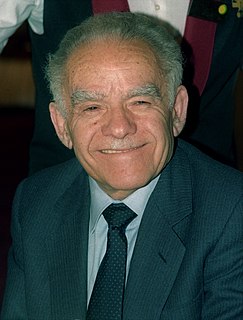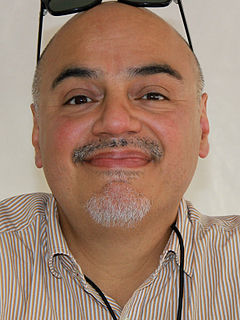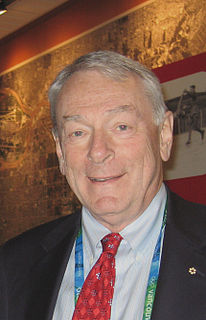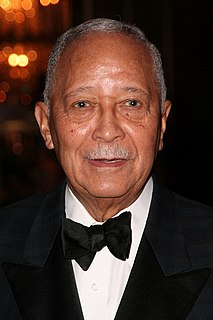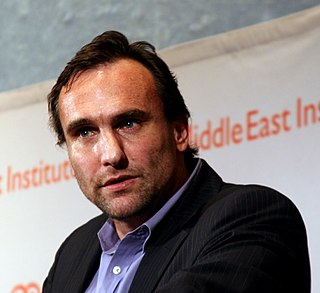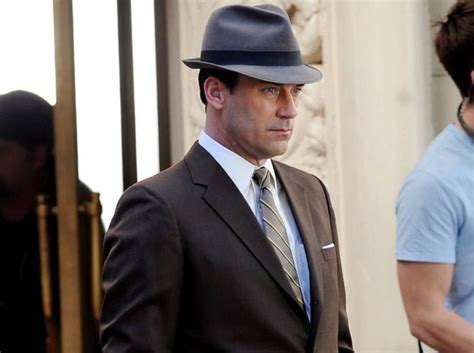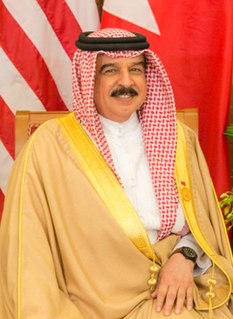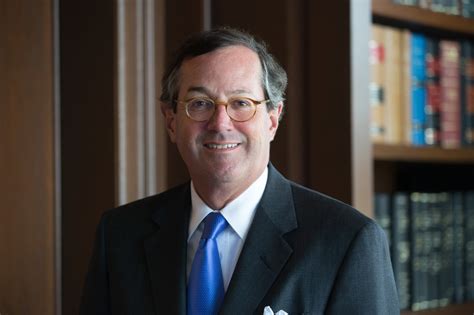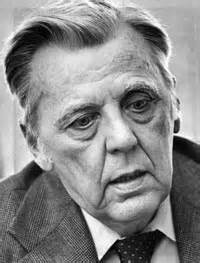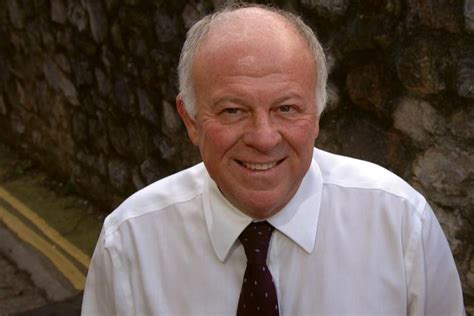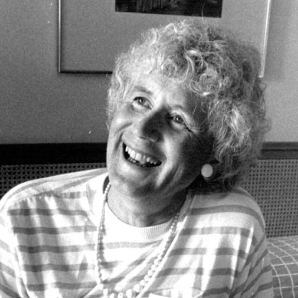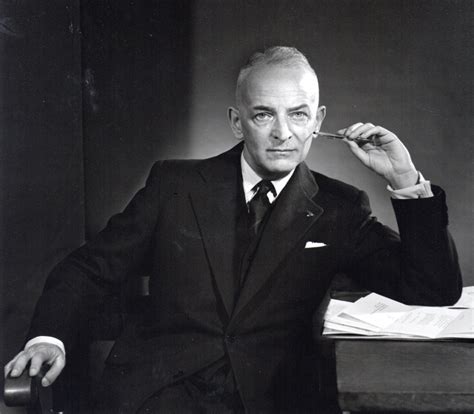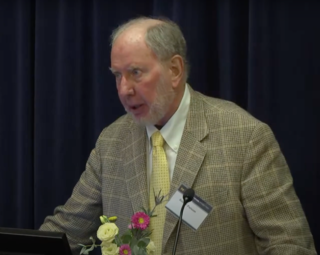Top 1200 Capital Quotes & Sayings - Page 4
Explore popular Capital quotes.
Last updated on December 24, 2024.
I think there's an awful lot of twaddle and bullshit on EVA. The whole game is to turn retained earnings into more earnings. EVA has ideas about cost of capital that make no sense. Of course, if a company generates high returns on capital and can maintain this over time, it will do well. But the mental system as a whole does not work.
There's a lot of really wonderful things about the United States of America, especially its ethnic diversity and its mostly successful struggle to create a democracy out of many different cultures. So, we have a lot of capital as a people, we have a lot of cultural capital to keep our democracy going.
In general President Obama's policies have been very, very skewed and very, very extreme. Like on healthcare for example, I don't think that trying to ram healthcare through was a smart idea politically, because he wasted a lot of capital and now he doesn't have any of that same capital with even his own party that he used to have.
Attempting to build a language wall around Quebec is precisely the wrong policy to follow. It will keep out of Quebec exactly what we need to attract by way of talent and capital; it will drive our best - francophones as well as allophones and anglophones, with their talents and capital - to leave Quebec.
One of the principal impediments to job creation is uncertainty on the part of American companies, large and small. We've all watched as companies have sat on a lot of capital. They're uncertain about what tax policy is going to be. They're clearly uncertain about how health care costs. They're uncertain about all the regulations on capital markets.
I don't want to overvalue Donald Trump as some historical rupture, and to admit that I do think Trump is an indication of a fairly profound change. But the change started a while ago, and it has taken a while to appear. Global capital, particularly western capital, has been in decline since the late 60s and early 70s. The softness appeared in the 60s, the profit rate fell off the table in 1972 - 73, and there have been very uneven recoveries. This has been an ongoing weakening of the productive economy of accumulation at a global scale, of capital's capacity to expand.
Capital does not 'beget profit' as Marx thought. The capital goods as such are dead things that in themselves do not accomplish anything. If they are utilized according to a good idea, profit results. If they are utilized according to a mistaken idea, no profit or losses result. It is the entrepreneurial decision that creates either profit or loss.
The question eventually must be raised: Is it a criminal offense to take the name of the Lord in vain? When people curse their parents, it unquestionably is a capital crime (Ex. 21:17). The son or daughter is under the lawful jurisdiction of the family. The integrity of the family must be maintained by the threat of death. Clearly, cursing God (blasphemy) is a comparable crime, and is therefore a capital crime (Lev. 24:16).
A realistic definition of risk recognizes the potential loss of capital through inflation and taxes, and would include at least the following two factors: The probability that the investment you chose will preserve your capital over the time you intend to invest your funds. The probability the investments you select will outperform alternative investments for this period.
Those subject to capital punishment are real human beings, with their own backgrounds and narratives. By contrast, those whose lives are or might be saved by virtue of capital punishment are mere 'statistical people.' They are both nameless and faceless, and their deaths are far less likely to be considered in moral deliberations.
That's precisely what I did. Let's not forget Raqqa is not the first capital of the Islamic State. The first capital of the Islamic State when it was called the Islamic State was the Iraqi city of Ramadi. And the only way I was able to access that city was by going in with American marines and soldiers who were desperately fighting for their lives.
The brilliant creative core of capitalism ... is the story the entrepreneurs and capital investors tell themselves about the future. How they intend to alter it, what they expect to gain in return, where they will raise the capital to accomplish their vision. Many of their stories turn out to be flawed or mistaken, of course, but the capacity to envision a set of future events and then act to fulfill them is a central source of capitalism's strength and its dominance of society.
If the investors themselves are not sophisticated, if they themselves are not putting a lot of their own money to work, if they themselves don't understand the continuum of capital and how different parts of the capital structures react differently, then they're basically worthless. They're not going to give great advice to these entrepreneurs who then need it. So that is unfortunately the cycle we're in and we have to break the cycle.
What distinguishes the historical social system we are calling historical capitalism is that in this historical system capital came to be used (invested) in a very special way. It came to be used with the primary objective or intent of self-expansion. In this system, past accumulations were 'capital' only to the extend they were used to accumulate more of the same.
What we prefer to do is operate our investment bank in a way that is like what investment banks used to be, which is a middle man - someone who is here to match people who need capital with people who have capital - and not position ourselves at the center of that by taking big positions on a trading stance.
Capital movements are no longer necessarily related to the production of goods and services. Through the financial markets of the world, capital movements today are overwhelmingly concerned with the capture of and trade in property rights, the ownership of assets that magnify a corporation's wealth, power, and control. It is what John Maynard Keynes described as "a casino world"-wealth without worth.
Dublin ... is not only the capital of a nation, but the capital of an idea. The idea of Irishness is not universally beloved. Some people mock it, some hate it, some fear it. On the whole, though, I think it fair to say, the world interprets it chiefly as a particular kind of happiness, a happiness sometimes boozy and violent, but essentially innocent: and this ineradicable spirit of merriment informs the Dublin genius to this day.
As the run-by-capital society of producers turned since into the run-by-capital society of consumers, I would say that the main, indeed "meta", function of the governments has become now to assure that it is the meetings between commodities and the consumers, and credit issuers and the borrowers, that regularly take place.
As you probably know, some American politicians and American journalists refer to Washington, DC as the "capital of the free world." But it seems to me that Brussels, which boasts 1,000 years of history and which serves as the capital of Belgium, the home of the European Union, and the headquarters for NATO, this city has its own legitimate claim to that title.
I'd love if people relearned the lessons of the 20th century all over again. Which is to say this country progressed economically and socially when we had a better balance between capital and labor. Neither capital or labor won every argument. The battle between the two created economic tension, and transformed the working class into the middle class, and grew the economy.
The ability of so many people to live comfortably with the idea of capital punishment is perhaps a clue to how so many Europeans were able to live with the idea of the Holocaust: Once you accept the notion that the state has the right to kill someone and the right to define what is a capital crime, aren't you halfway there?
State funds, private equity, venture capital, and institutional lending all have their role in the lifecycle of a high tech startup, but angel capital is crucial for first-time entrepreneurs. Angel investors provide more than just cash; they bring years of expertise as both founders of businesses and as seasoned investors.
I began to study again, and now for the first time really achieved an understanding of the content of the Jew Karl Marx's life effort. Only now did his Capital become really intelligible to me, and also the struggle of the Social Democracy against the national economy, which aims only to prepare the ground for the domination of truly international finance and stock exchange capital.
What being among the 'right people' entails is the possession of human capital, rather than organizational capital: an individual reputation, portable skills, and network connections. Career responsibility is squarely in the hands of individuals, a function of their knowledge and networks. Transferable knowledge is more important to a career than firm-specific knowledge.
If one fourth of the capital of a country were suddenly destroyed, or entirely transferred to a different part of the world, without any other cause occurring of a diminished demand for commodities, this scantiness of capital would certainly occasion great inconvenience to consumers, and great distress among the working classes; but it would be attended with great advantages to the remaining capitalists.
The very large units of production and exchange have access to credit on a large scale, sometimes without any cover at all, merely upon the prospect of their success, and always upon terms far easier than are open to their smaller rivals. It is perhaps on this line of easier credit that large capital today does most harm to small capital, drives it out and ruins it.
If you go out into the real world, you cannot miss seeing that the poor are poor not because they are untrained or illiterate but because they cannot retain the returns of their labor. They have no control over capital, and it is the ability to control capital that gives people the power to rise out of poverty.
There is always a critical job to be done. There is a sales door to be opened, a credit line to be established, a new important employee to be found, or a business technique to be learned. The venture investor must always be on call to advise, to persuade, to dissuade, to encourage, but always to help build. Then venture capital becomes true creative capital - creating growth for the company and financial success for the investing organization
Globalization has considerably accelerated in recent years following the dizzying expansion of communications and transport and the equally stupefying transnational mergers of capital. We must not confuse globalization with "internationalism" though. We know that the human condition is universal, that we share similar passions, fears, needs and dreams, but this has nothing to do with the "rubbing out" of national borders as a result of unrestricted capital movements. One thing is the free movement of peoples, the other of money.
It's a tract against capital punishment in the genre of Swift's Modest Proposal. I was simply following a formula to its logical conclusion. Some people appear to have understood it. The publication of Naked Lunch in England practically coincided with their abolition of capital punishment. The book obviously had a certain effect.
Muslims who convert to Christianity are not protected. That carries capital punishment. He would be given the opportunity to repent, and the Sharia court would need to determine if he was really a Muslim in the first place, did he know what he was doing, and once all of that has been determined, there is capital punishment for that in Islam.
I have been brought up in a culture where capital punishment is indeed anathema. I have always thought of myself as a principled opponent to capital punishment. However, when thinking about how the topic is handled in other cultures, in particular the American, Russian and Chinese ones, I have realised that my own tack on the issue was utterly superficial.
It is as to whether its services or uses are to be exchanged or not which makes a tool an article of capital or merely an article of wealth. Thus, the lathe of a manufacturer used in making things which are to be exchanged is capital, while the lathe kept by a gentleman for his own amusement is not.
There are respectable individuals, who from a just aversion to an accumulation of Public debt, are unwilling to concede to it any kind of utility, who can discern no good to alleviate the ill with which they suppose it pregnant; who cannot be persuaded that it ought in any sense to be viewed as an increase of capital lest it should be inferred, that the more debt the more capital, the greater the burthens the greater the blessings of the community.
I was encouraged to break all the rules but to take the best of philanthropy, the best of investing, and the best of development finance, and experiment with new ways to create this venture capital model of using philanthropy to back patient capital investments, and then build solutions that were measured in terms of the kind of impact and change they were making on people's lives and in the world, not just on the financial return.

